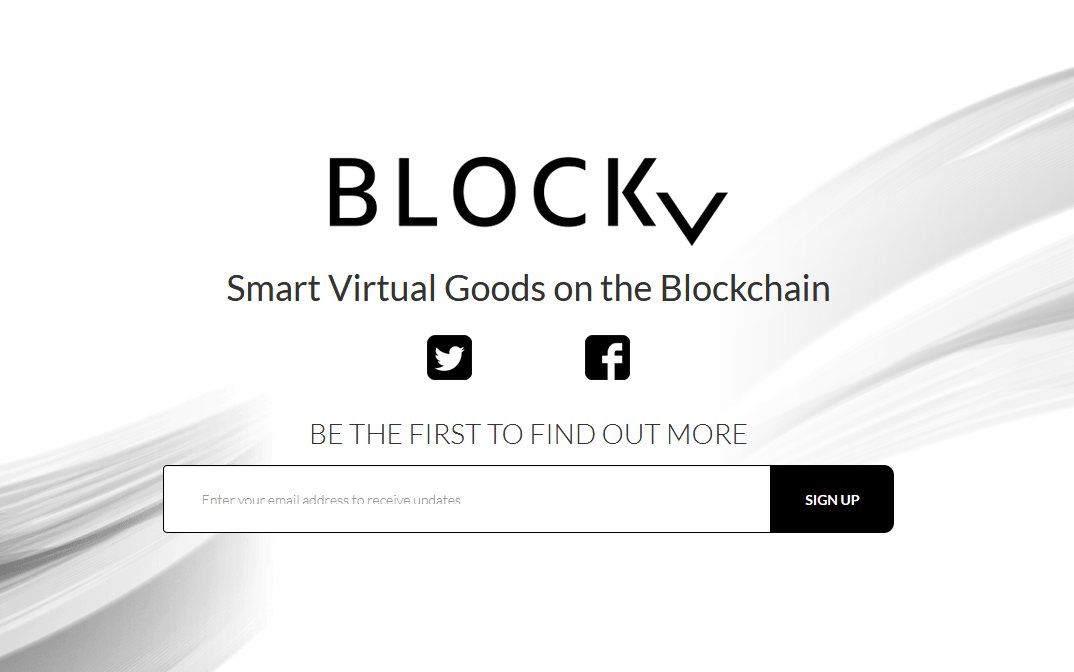 EMERGING TECH
EMERGING TECH
 EMERGING TECH
EMERGING TECH
 EMERGING TECH
EMERGING TECH
Switzerland-based BLOCKv today announced the launch of its blockchain-based development platform designed to help create tradable virtual goods such as digital tickets, coupons and items in online games.
Demand for virtual goods is rising rapidly, driven by more mobile devices and smart appliances that can load apps that interact with virtual goods such as those in Pokemon GO and Counterstrike games. For example, smart TVs and e-readers both generated markets for virtual goods in the form of streaming movies and digital books.
These digital goods are “licensed,” in an ephemeral fashion, by the user and the digital copy can be stored locally or hosted remotely but still must be retrieved from a service and access rights must be proven somehow. This gives rise to certain limitations of digital goods that markets must address for consumers.
These limitations include a lack of actual “ownership” by the end user. Digital objects are typically licensed content and are not like owning a physical object. Most digital objects cannot exist or function outside of their original native environments or applications, such as virtual items in a game or movies bought for a specific streaming service, and thus cannot cross the divide between services. And there is a loss of value for the consumer when a service or app goes offline and takes all of its digital goods with it.
“BLOCKv’s vision is to provide the foundation of a new digital goods economy,” said Reeve Collins, the company’s chief executive. “These interactive, smart objects leverage the power of blockchain technology to free digital goods from devices, applications and ‘walled garden’ environments, enabling them to securely store value, and become fully ownable, tradable and redeemable in the real world.”
A blockchain, which is a distributed cryptographic ledger, can be used to store transactions securely between multiple parties in a way that allows those parties to trust transactions logged cannot be tampered with after the fact. As a result, blockchains can be used to provide a “single point of truth” for exchanging virtual goods. One real-world example for virtual currency is the bitcoin network, where people exchange bitcoins with dollar values for physical goods every day.
Blockchain networks have been sought after by numerous industries from the financial industry to help secure money transactions between banks, such as the R3CEV LLC consortium, and to track music licensing, such as Spotify AB’s acquisition of Mediachain Labs.
The digital goods industry itself is still ripe for a solution that will give businesses an easy way to provide a virtual marketplace for digitally tradable items. Decentralized marketplace DMarket recently announced its own intention to build a blockchain-based market for exchanging virtual goods between games. And, Jon “Neverdie” Jacobs, chief executive of Neverdie Studios, announced his own foray into virtual economies with the Neverdie Coin and Teleport Token that would be used in exchange for items in virtual worlds.
“Freed from the limitations of the past, BLOCKv digital objects transform the landscape of physical, digital and social advertising, micro-transacting, ticketing, gifting and promotions,” said Collins. “Businesses and brands will be able to attract, engage and conduct commerce like never before across digital and physical environments – creating new revenue streams, driving traffic and holding attention like never before.”
In partnership with its first development partner, vAtomic Systems Inc., a California-based blockchain digital goods service developer, BLOCKv will pilot its platform with major brands in financial services, music and entertainment and consumer goods. The company expects to announce brand and technology partnerships in coming months.
To fund the company’s vision and initial development efforts, BLOCKv will be executing a crowdsale of the platform’s exchange currency the VEE Token starting Sept. 21.
These tokens are integral to the platform and form part of BLOCKv’s open-source development operational environment, along with application programming interfaces, sample code, documentation, developer training, collaborative community tools and frameworks.
VEE Tokens will provide an essential utility to the BLOCKv ecosystem by giving access, power and incentive to the global community of digital goods creators and platform developers.
THANK YOU